By Xue Lingqiao
(ECNS) -- “I come from Surabaya in Indonesia. During my childhood years, there was a popular roast duck restaurant on the nearby Madura Island. However, travelling from Surabaya to Madura wasn't easy.”
Jessica is now an Indonesian student in China. Recalling her relationship with China, the landmark Surabaya-Madura Bridge (or Suramadu Bridge) holds special significance.
Separated in only 5 kilometers, Surabaya and Madura Island were once only tenuously linked by ferries. However, the completion of the Suramadu Bridge in June, 2009, transformed what was once unimaginable into a reality – a journey that now takes only a few minutes.
“In 2009, a cross-sea bridge was built in my hometown, connecting the offshore Madura Island with Suramadu. Later, it becomes a symbol representing the profound friendship between Indonesia and China.”
As Indonesia's first cross-sea bridge, the Suramadu Bridge connects Surabaya, the nation's second-largest city on the prosperous Java Island, with resource-rich yet underdeveloped Madura. Since its opening, exchanges between the two regions have flourished.
“After the bridge kicked off operation, I visited Madura more often. As both sides of the bridge are surrounded by the sea, every time when I ride on the bridge, I will expect seeing ships coming from afar and heading for the distance. At sunset, gazing at the beautiful dusk is my favorite, which later becomes one part of my childhood memories.”
Praising the Chinese standard, Jessica described the cross-sea bridge as “a milestone in Indonesia's infrastructure development.”
A similar story also comes to Marvell Millensza, whose hometown is in Pontianak, the economic and political hub of West Kalimantan Province. Another story of China-Indonesia collaboration unfolds here.
“In most Indonesian seaports, container handling used to take days, with foreign goods sitting for long periods,” Marvell noted. While from his observation, China's expertise in efficient port management can bring inspiration for Indonesia.
"As Chinese investments came in for Pontianak's port project, what took three days now finishes in one," said him with excitement, adding that deepening port management cooperation with China thrills him.
Meanwhile in Jakarta, the capital of Indonesia, the story of China's support for Indonesia's development continues to unfold.
For Ellyse, a student who once studied in Jakarta but had to do academic research in Bandung, more than 100 kilometer away, commuting became a challenge.
“Bandung, which is Indonesia’s education and scientific center, is home to the country’s top-tier research institutes. This meant constant travel for finishing my research experiments,” Ellyse said.
“The Jakarta-Bandung route serves Indonesia's busiest economic corridor, but outdated infrastructure caused massive economic losses due to perpetual in congestion,” Ellyse recalled about the outdated transport system in her country.
While Ellyse's shuttling between Jakarta and Bandung stretched over years, the relentless commute loomed large over her studies.
"Boarding the shuttle bus, the trip usually took four hours at best, but twelve at worst when I had to take on my journey in the early morning. My precious research time was evaporated on the road."
This burden was shared by her Indonesians counterparts, who had long been yearning to hear the whistle of high-speed trains. In October 2023, the Jakarta-Bandung High-Speed Railway, a flagship project of Belt and Road cooperation jointly built by China and Indonesia, began operation. The more-than-100-kilometer journey now takes merely some 40 minutes.
"Now I can make round trips in a day without worrying about delays, with a single trip lasting no more than 50 minutes."
Beyond helping students by shortening commuting time, the railway has also boosted Indonesia’s regional economic development, creating jobs in commerce and tourism while nurturing local high-speed railway talent.
Emphasizing that the railway line elevates Indonesia's global image, Ellyse said that it has also showcased the country’s determination for modernization.
"Nowadays, this railway is our nation's pride."









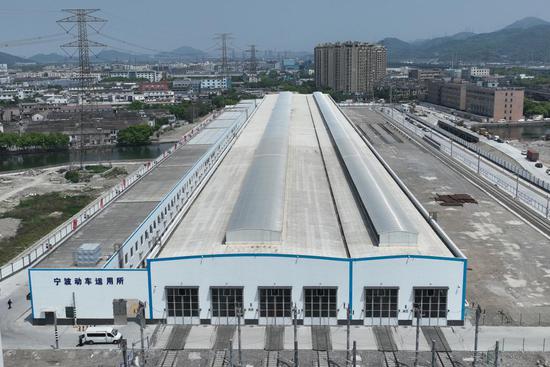

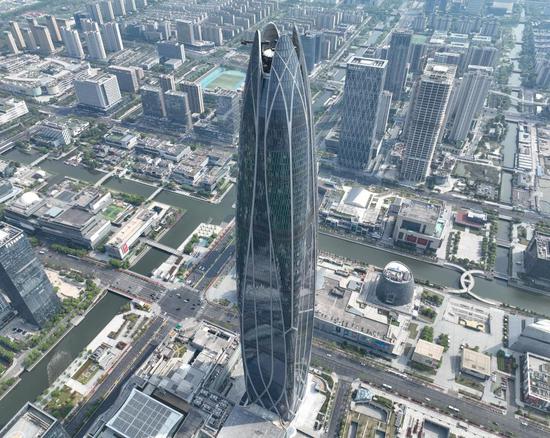
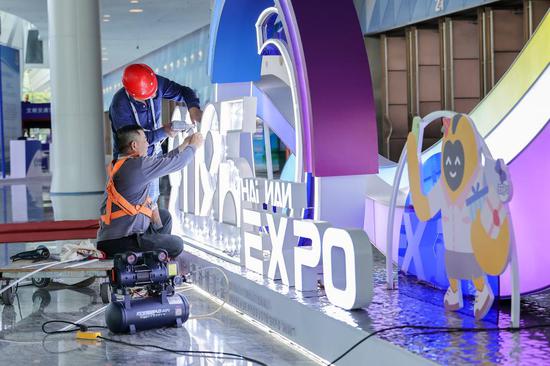
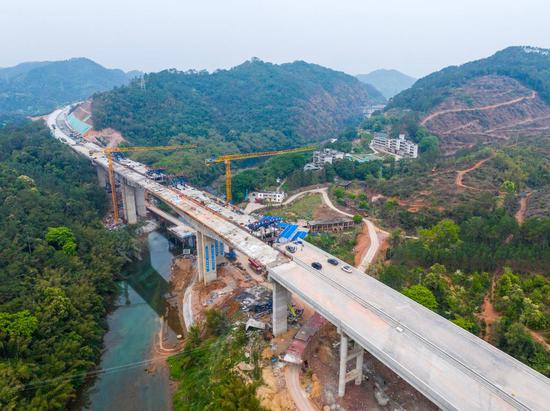

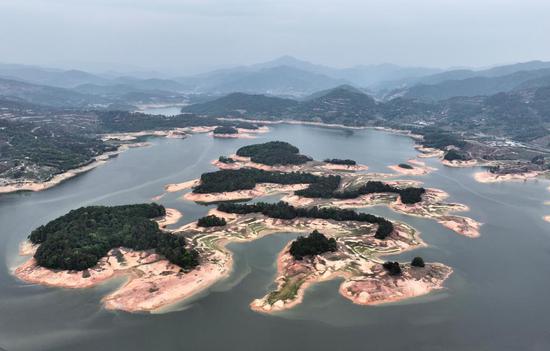
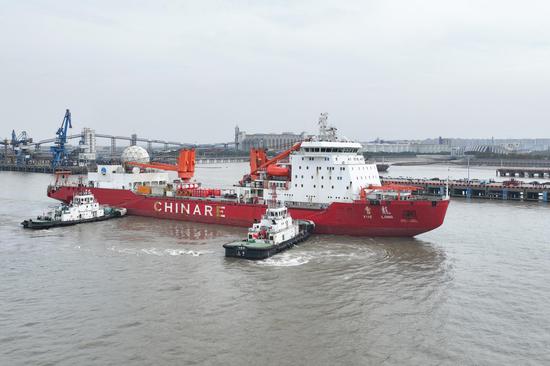
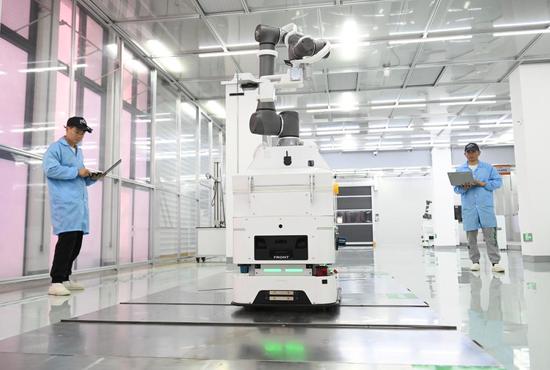
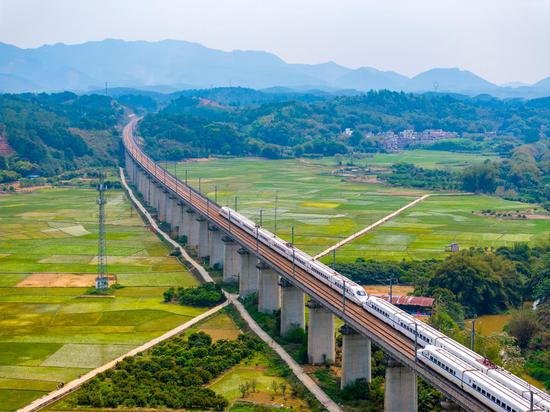
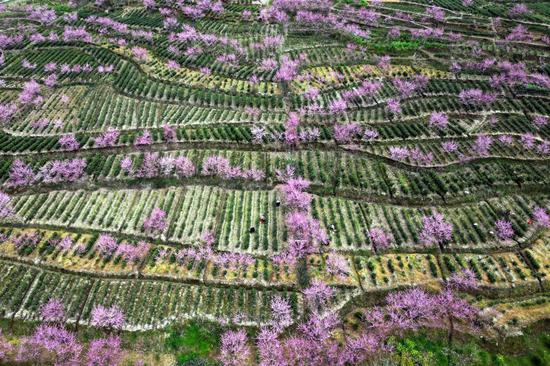

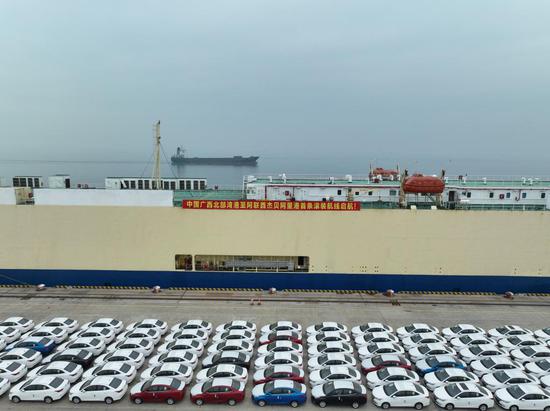

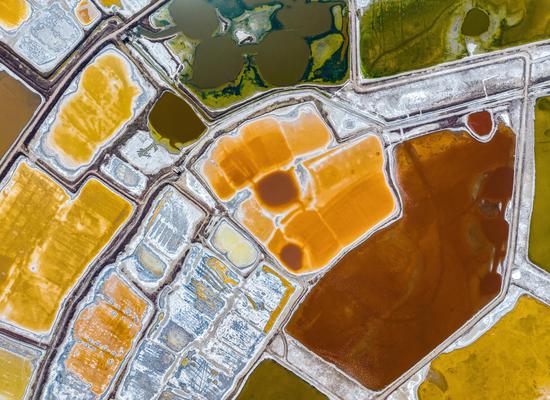
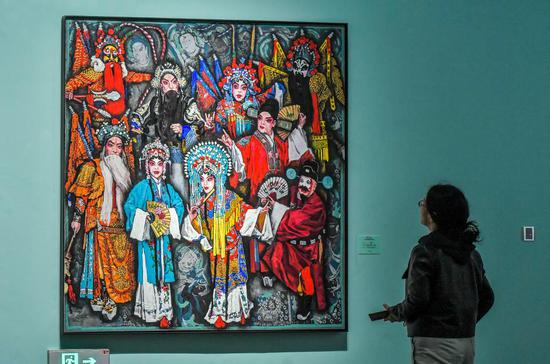
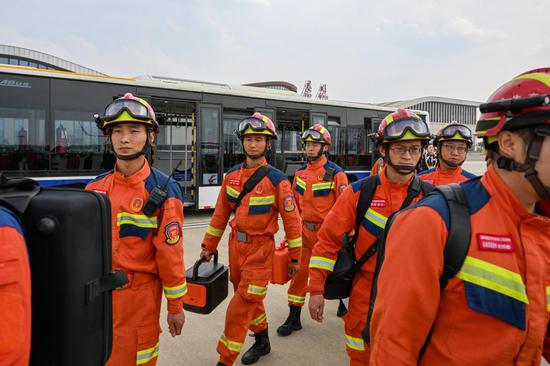
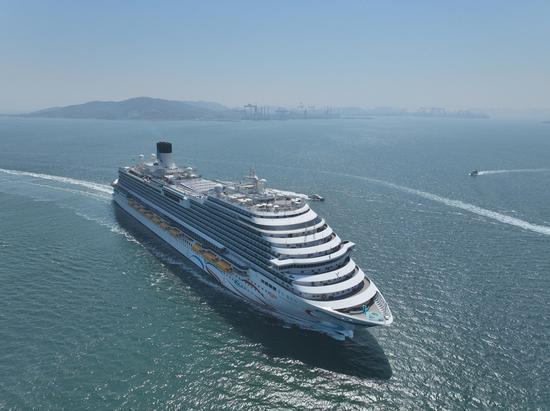
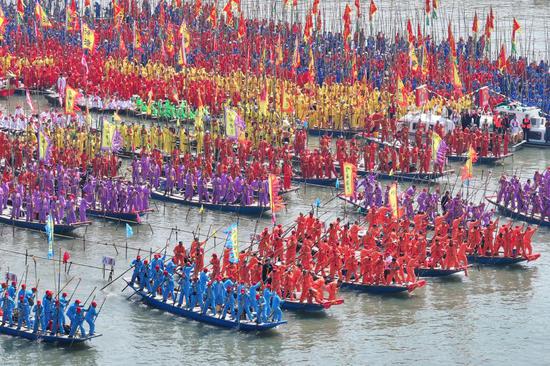
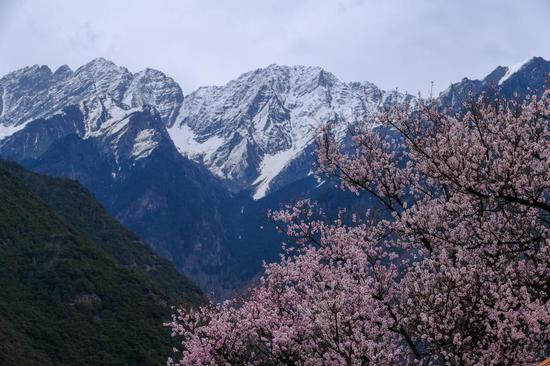
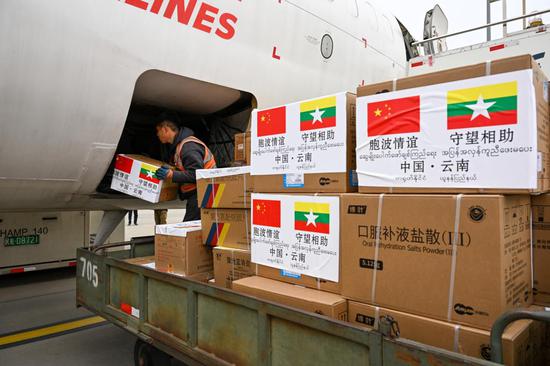


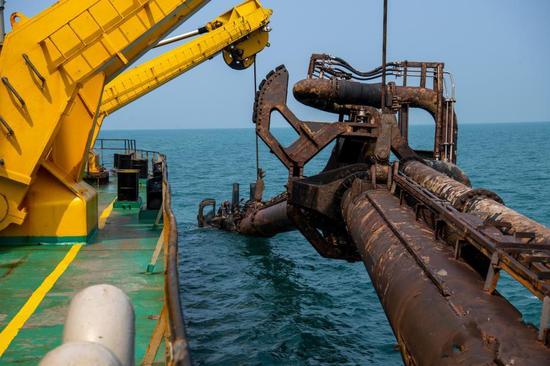


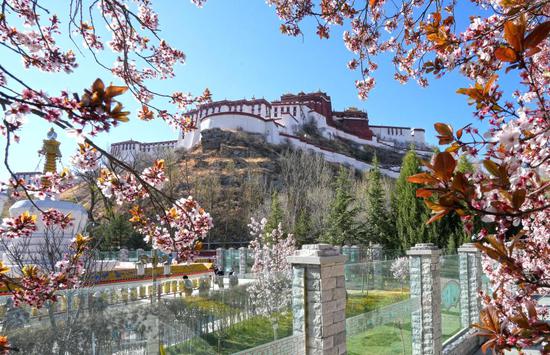
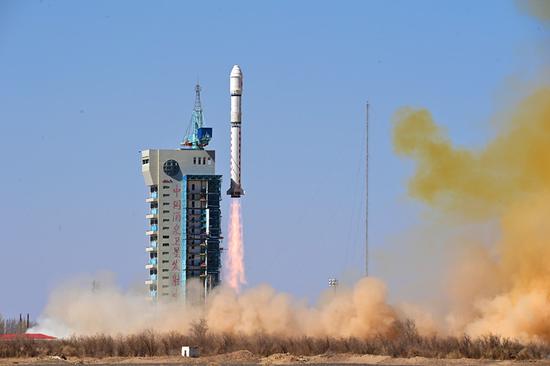


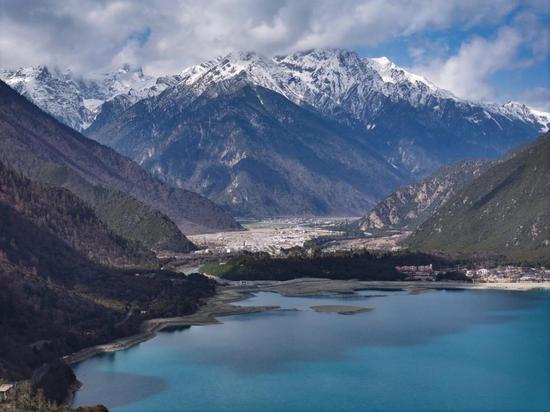






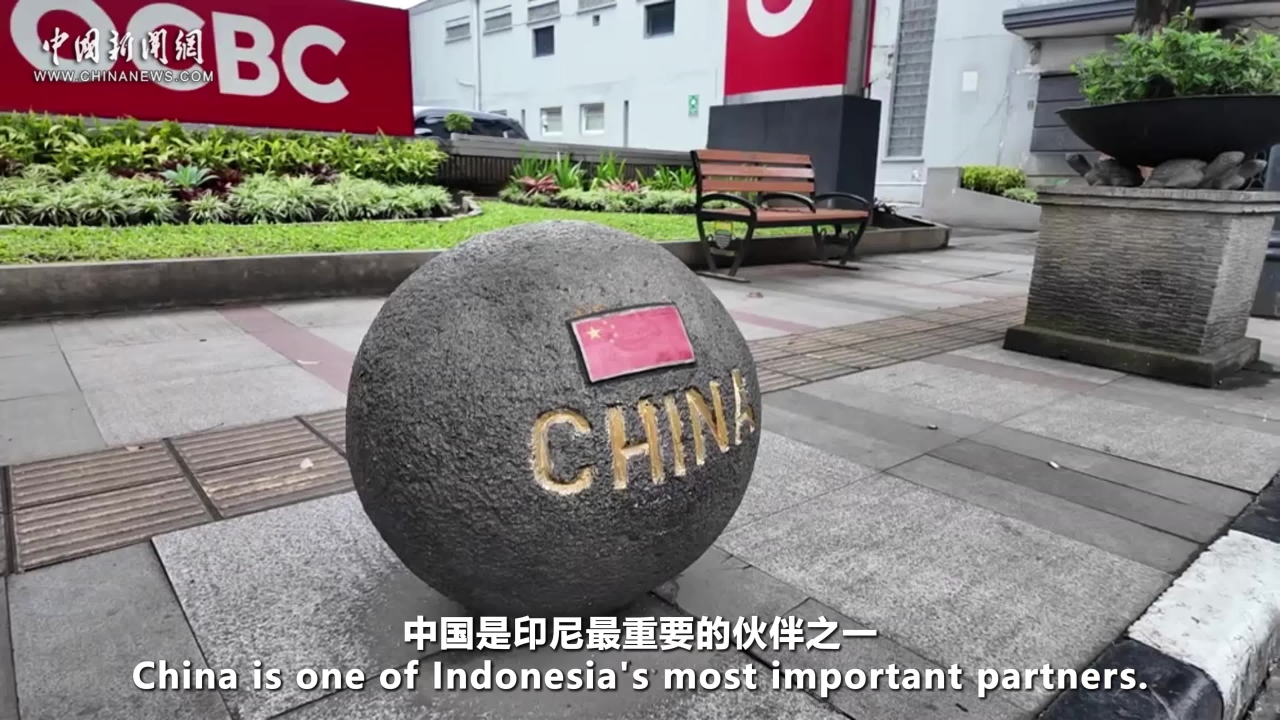



 京公网安备 11010202009201号
京公网安备 11010202009201号